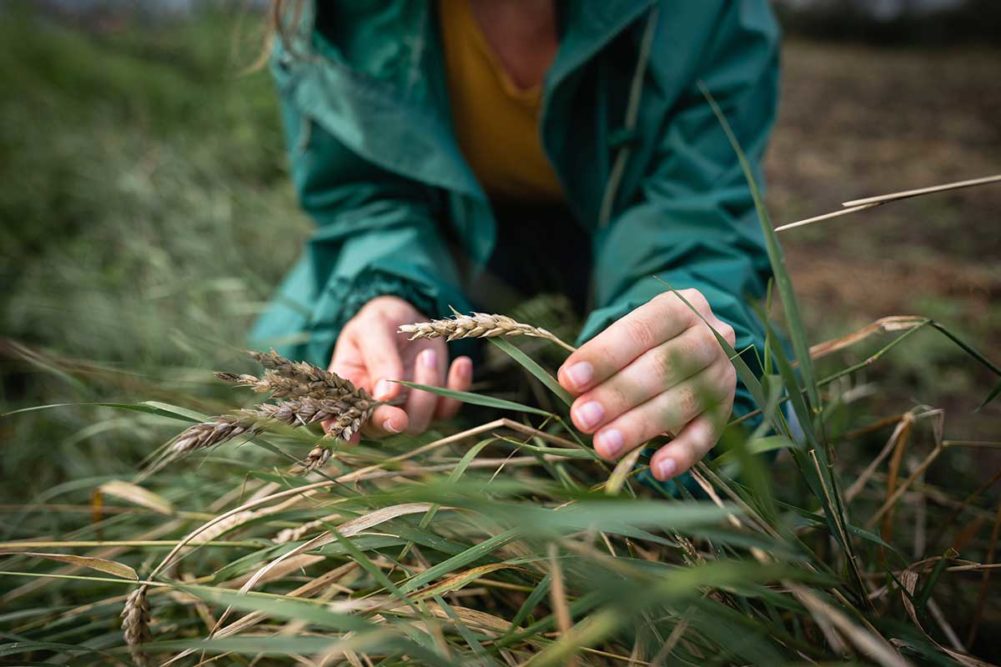MINNEAPOLIS — The future of food was heavy on the minds of attendees of the Cereals & Grains Association’s annual conference held Nov. 9-11 in Minneapolis. The conference’s programming centered on Innovating the Future of Food, and common themes addressed some of the biggest challenges the grain industry faces: sustainability and improving the nutrition, quality and yield of cereal grains.
The impact of climate change on yields and the quality of corn and wheat were common topics of conversation, and the research being done to adapt crops to the changing climate was presented to attendees. Farmers face the twin challenges of growing grains in increasingly hostile climates while trying to grow more to feed the world’s rising population.
“Agriculture systems are sensitive to climate change because they are dependent on stable, long-term conditions to determine productivity, quality and yields,” said Bram Govaerts, director general of the International Maize and Wheat Improvement Center (CIMMYT) and the conference’s keynote speaker. “Farmers are struggling to cope with climate risks and their ability to meet rising global food demands.”
Several tools were presented to address these challenges, including breeding in traits that are resistant to the impacts of climate change, such as resistance to flooding, drought and heat. Moving grain growing areas to more amenable climates is already happening in some cases. Promoting soil health and biodiversity were also noted as ways to both limit the greenhouse gas emissions from agriculture and improve quality and yield of crops.
Economic incentives to promote regenerative agriculture practices or biodiversity as well as the flexibility to tailor-fit solutions to individual growers’ conditions will be critical, however, to implementing some of these tools. The variability in regional growing conditions and climate change makes blanket policy ineffective.
“It has to be economically viable for the grower in the long term,” said Tom Rabaey, senior R&D manager of the agronomy sciences department of General Mills, Minneapolis, during a panel on sustainability in agriculture. “We’re working with the growers on what works for them on their farm because the grower has to be economically resilient.”
Partnering up and down the supply chain is also critical to taking a holistic approach to sustainable food production. From the inputs the grower is using to the transportation of the grain and the production process that comes after, everyone must be in communication about their part.
“A farmer can do everything right to sequester carbon and promote soil health and biodiversity,” said Jessica Monserrate, PhD, head of sustainability North America, BASF, during the sustainability in agriculture panel. “But if that grain is put on a truck, and it’s driven all over the place, everything the farmer did has been undone.”
When it comes to addressing both climate change and the deteriorating quality of nutrition and functionality of wheat, Allan Fritz, PhD, professor of wheat breeding at Kansas State University, pointed to working with wild relatives of wheat that exhibit the traits the industry is looking for, whether that is high-protein content or drought resistance.
“There are some novel genetics floating around that we believe we can capture,” he said in his presentation on the future of wheat.
He also pointed out, however, that addressing these challenges will take many strategies, such as genetics, agronomy, incentivizing farmers, logistics and more.
“We will need all the tools in our toolbox, whether its climate-adapted crops, functionality or nutrition,” he said. “The problems are big enough today to warrant it.”





